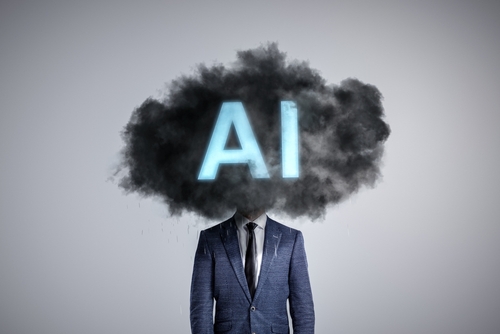The traditional image of a manager is being reimagined in the digital era as artificial intelligence (AI) begins to carve out its role not just as a tool but also as a team member. A recent pilot study conducted by Inspira AI in collaboration with academic experts sheds light on an intriguing development: AI’s success in enhancing workplace productivity and fostering positive work habits.
AI Improving Productivity
This study looked at AI tools’ ability to improve employee productivity and habit formation. Over the course of the research, which involved 27 employees from a digital marketing firm, the performance of a group managed by AI was pitted against that of a group under human supervision. The AI, powered by Inspira’s HARRi cognitive framework, led to a striking 74.32% success rate in prompting employees to pre-plan their workdays, outstripping the 60.41% success rate of the human-led group.
Furthermore, employees managed by the AI demonstrated greater consistency in scheduling their work and punctuality in starting their workday. While there were some challenges in adhering to schedules, the findings suggest that AI management could be an effective tool, especially for remote work settings, which demand a high degree of self-regulation and discipline.
AI as Manager?
The implications of these findings are potentially significant in the evolving landscape of work, where remote and hybrid models are becoming increasingly commonplace. AI’s potential to not just support but also enhance managerial functions could lead to more productive and well-organized workflows.
However, it’s important to note that while the results are promising, the study’s small sample size means that further research is needed to validate these findings on a larger scale.
Also, though real-world human managers may be screaming at their screens when reading this, there’s much, much more to employee management than setting daily agendas and tasks. As of yet, AI is no match for humans when it comes to the myriad soft skills needed to support and develop human talent.
Nevertheless, as we stand on the cusp of a new era in workplace management, this study serves as a thought-provoking indication of what may be on the horizon. The findings should prompt business leaders and HR professionals to consider the role AI could play in their own organizational structures and how it might be harnessed to foster a more productive, disciplined, and satisfied workforce.
Lin Grensing-Pophal is a Contributing Editor at HR Daily Advisor.

